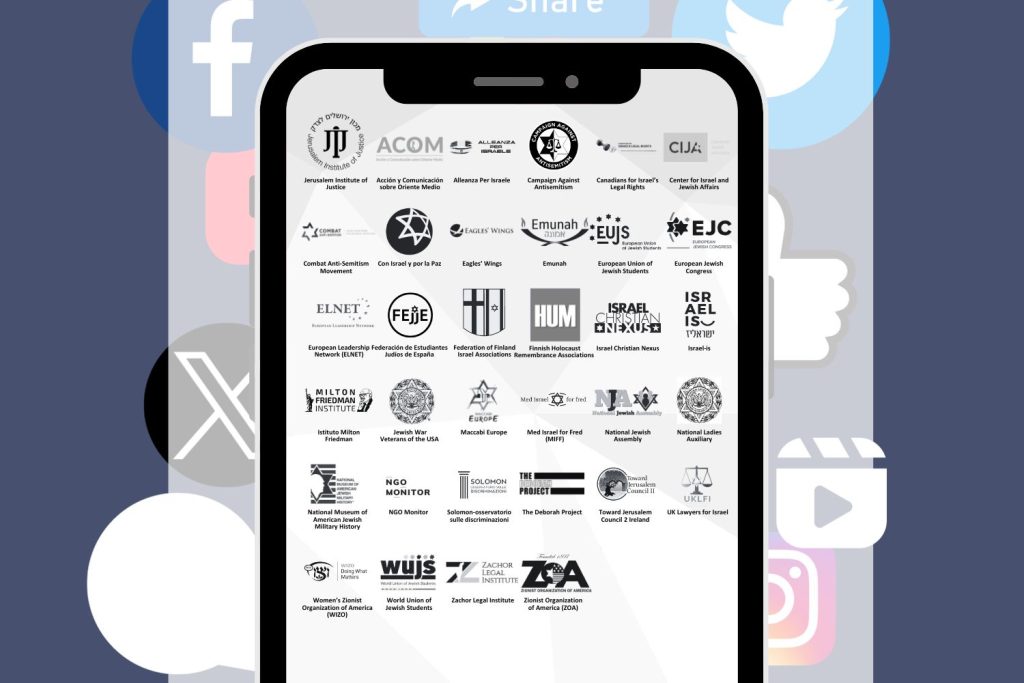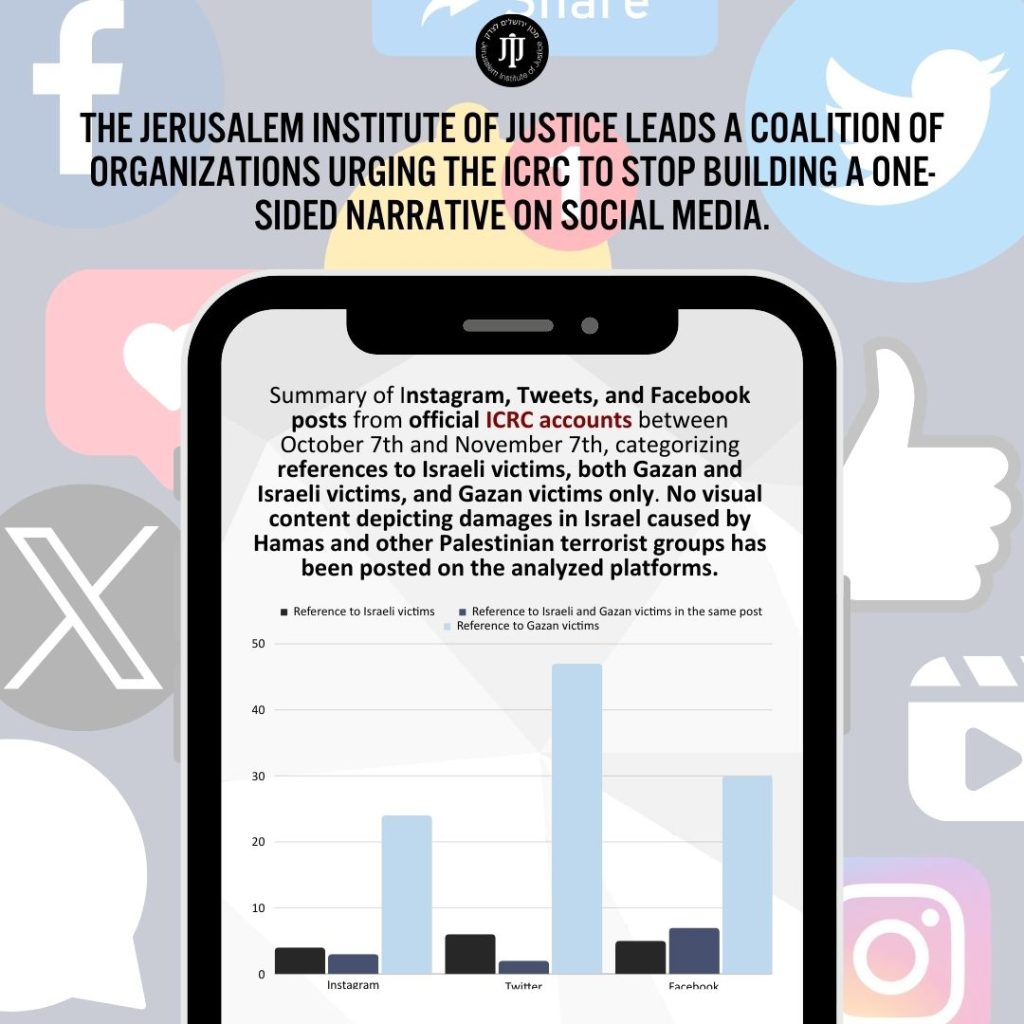AmazonSmile is program from Amazon that allows you to support your favorite charitable organization every time you shop at Amazon, at no cost to you. When you shop at https://smile.amazon.com on you’ll find the same low prices, with the added benefit that AmazonSmile will donate 0.5% of your eligible purchases to the charitable organization of your choice. To setup your AmazonSmile account just follow the directions below.
- Go to the AmazonSmile homepage by clicking the button below and click Get Started.
- If you are not already logged in to your Amazon account, you will need to log in now.
- You will be redirected to your AmazonSmile homepage where you can start browsing for products. Make sure your URL is https://smile.amazon.com to verify that you are donating 0.5% of your purchases. If you are on the normal https://amazon.com website, your purchases won’t be eligible for the AmazonSmile program. You can also double-check the charity that is receiving the AmazonSmile donations by looking at the Supporting tab in the Amazon navigation on the left top side of your screen.
- You can keep track of your AmazonSmile Impact by visiting the AmazonSmile dashboard.
 CC: Fabrizio Carboni, ICRC regional director for the Near and Middle East
CC: Fabrizio Carboni, ICRC regional director for the Near and Middle East